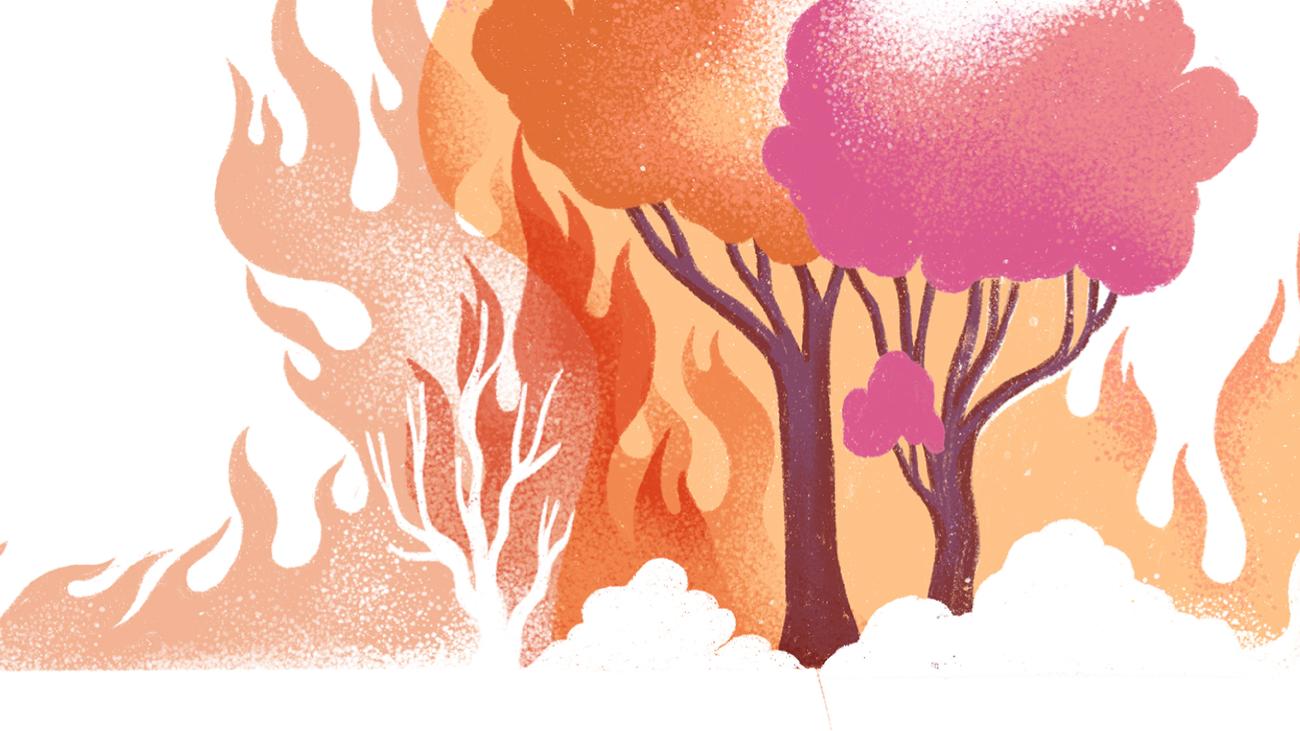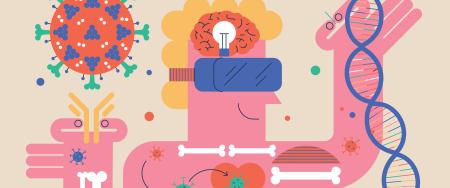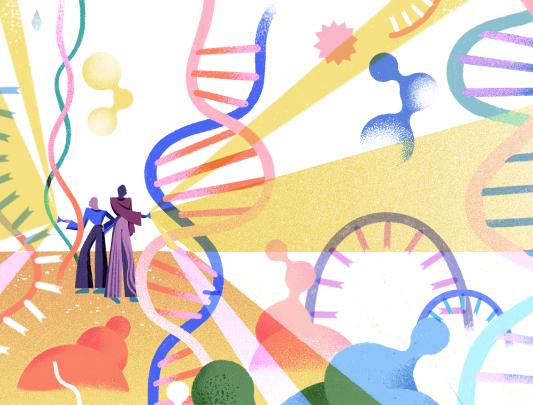Opinion
Climate change is a public health emergency
COVID-19 has exposed major gaps in our ability to prevent and respond to infectious disease outbreaks. As many epidemics including SARS, HIV/AIDS and Ebola have shown, we must include animal and environmental health factors in our discussions. In fact, there is increasing awareness that managing the overlapping health threats we currently face means shifting the overall frame within which we consider wellbeing to what is called “Planetary Health,” defined by the Lancet as “the health of human civilization and the state of the natural systems upon which it depends.”
One of the most urgent imperatives for this shift is the need to generate a healthy response to climate change, which is recognized by the World Health Organization (WHO) as the biggest threat to global health in the 21st century. And that threat is increasing. The Vancouver I grew up in is now bathed in smoke most summers. People with allergies on the Prairies are sneezing through longer and more severe pollen seasons. And Lyme disease is impacting an ever-larger part of Canada. As an emergency physician in Yellowknives Dene Territory, I serve a patient population extending up to the high Arctic, where Inuvialuit, Dene, and Gwitch’in peoples are already coping with the unstable ice, food insecurity, and mental health challenges that come with living in a place that is 3 °C warmer than when their octogenarian Elders were born.
My UBC training prepared me for many health emergencies, but not this one. How should we respond?
The Lancet tells us that tackling climate change is our biggest health opportunity. Many of the measures needed to stabilize our ecological foundations would have corresponding health benefits. A recent Harvard study showed that in 2012, 34,000 Canadians died as a result of fossil fuel-related air pollution. Dirty air contributes not only to new asthma cases in children, but also to the top five chronic diseases that kill Canadians: cancer, heart disease, stroke, chronic lower respiratory disease, and diabetes. The potential to save lives by decreasing air pollution, along with greenhouse gas emissions, is tremendous. Climate policy is health policy.
Progress in low-carbon technology provides us with new options. As with tobacco, we need to stop facilitating unhealthy choices and make healthy ones cheaper and easier to access. It is a step in the right direction that the federal carbon pricing backstop was recently upheld by the Supreme Court of Canada. It is a shameful step backwards that, as of May 26, $31.68 billion in public money ($842.72 per capita) has been spent since the start of the pandemic to support fossil fuel energy in Canada (according to the Energy Policy Tracker out of the International Institute for Sustainable Development and Columbia University). Would you like your public dollars to go towards buying kids cigarettes? If not, you should be appalled to see fossil fuels supported in your name. Far better to spend that money on retraining and early pensions for fossil fuel workers to help them transition to work in a clean economy.
We can save lives with health-conscious decisions on energy, transportation and the built environment. The entire world now has increased access to low-pollution energy; we need to stop telling ourselves that fracking for gas in Northern BC and exporting it as LNG to other countries is a net benefit to the globe. It’s not. It also risks marring Beautiful British Columbia for generations to come. We need zero-emissions vehicle mandates, support for energy-efficient home retrofits, and continuing upgrades to active transport infrastructure. Walking and cycling both have tremendous health benefits.
The National Health System in the UK recently committed to achieving Net Zero by 2040, telling suppliers that within the decade they will purchase only from companies with equal or greater sustainability commitments. VGH-based surgeon Andrea MacNeill has founded a Planetary Healthcare Lab, and connections and energy are building across the country.
In a Yellowknife study done in partnership with UBC’s Dr. Caren Rose, we found that two and a half months of wildfire smoke in 2014 was associated with double the normal number of asthma exacerbations in the emergency department. The qualitative part of our study demonstrated that this prolonged smoky period made people feel isolated, anxious, disconnected from the land and physical activity, and worried about what the future may bring for their children.
In almost every media interview I've done since then, the reporter has asked, "Doctor, is this a new normal?” And every time I've had to say, "No. It is going to get worse. We need to prepare.”
Due to greenhouse gas emissions already built up in the atmosphere, by the time a child born today in Canada is in their early twenties, the country will be 1.8 °C warmer than it was at a new baseline drawn by Environment and Climate Change Canada between 1986 and 2005. If we continue along our current high-emissions pathway, that same child will be living in a country 6.3 °C warmer by their early sixties.
Encouragingly, the final theme we picked up on in our qualitative study on wildfires was the pride and feeling of empowerment expressed by people who had taken an active role in responding to the threat – fire-smarting their homes, organizing indoor activities for children in clean air shelters, or readying boats in case of highway blockage by fire. Preparation not only does good, it feels good. Action feels better than anxiety.
Awareness of the need to co-manage climate change and the recovery from COVID-19 is increasing. As the head of advocacy for the WHO Civil Society Working Group on Climate Change and Health, I helped to launch a healthy recovery initiative asking G20 leaders to prioritize low-carbon investments. That letter was signed by organizations representing two thirds of healthcare workers worldwide. To our knowledge, this is the greatest ever show of consensus amongst healthcare professionals. As we emerge from this pandemic, we must begin by thanking the children who have stayed at home, mostly to protect their adults, by building a world coming out of it that will protect them.




































